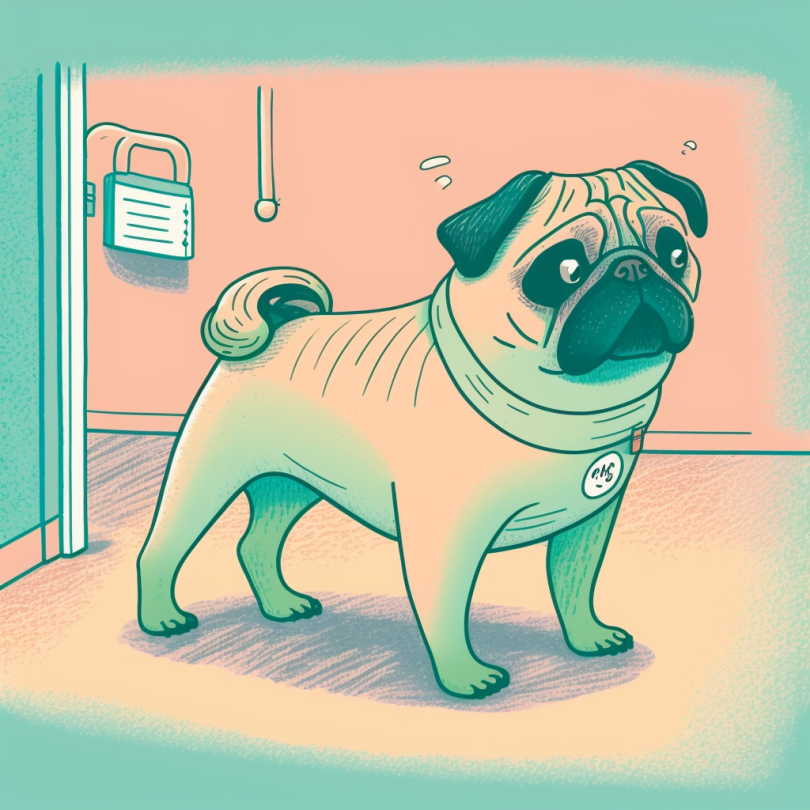As a pet owner, it’s important to take your furry friend to the vet for regular check-ups. While it may seem like an unnecessary expense or inconvenience, these check-ups are crucial to keeping your pet healthy and happy. In this article, we’ll discuss why regular veterinary check-ups are so important and what you can expect during these appointments.
The Benefits of Regular Veterinary Check-Ups
- Early Detection of Health Issues: Regular check-ups allow your vet to catch any health issues early on, before they become more serious and potentially life-threatening.
- Preventative Care: Your vet can provide preventative care, such as vaccinations and parasite control, to keep your pet healthy and prevent the spread of diseases.
- Monitoring Your Pet’s Health: Regular check-ups allow your vet to monitor your pet’s overall health and make recommendations for their diet, exercise routine, and other important aspects of their care.
- Long-Term Cost Savings: Catching health issues early and preventing diseases can save you money in the long run, as you won’t have to pay for costly treatments or procedures later on.
Check out our post about “Understanding Health and Pet Diet Through a Balanced Diet“
What to Expect During a Veterinary Check-Up
- Physical Exam: Your vet will perform a thorough physical exam to check for any signs of health issues, including checking your pet’s eyes, ears, mouth, and skin.
- Vaccinations: Depending on your pet’s age and health history, your vet may recommend or administer vaccinations to protect against diseases.
- Parasite Control: Your vet may recommend or provide medication to prevent or treat parasites such as fleas, ticks, and heartworms.
- Bloodwork: Your vet may perform bloodwork to check your pet’s organ function and screen for any underlying health issues.
- Dental Exam: Your vet may perform a dental exam and recommend dental care to keep your pet’s teeth and gums healthy.

How Often Should You Take Your Pet to the Vet?
The frequency of your pet’s veterinary check-ups depends on their age, health history, and overall health. Generally, young and healthy pets should see the vet at least once a year, while older pets or those with health issues may need more frequent visits.
Check out our post about “The Importance of Dog Dental Care for Your Pet’s Health“
Conclusion
Regular veterinary check-ups are essential to maintaining your pet’s health and preventing serious health issues. By taking your pet to the vet for regular check-ups, you can catch any health issues early on, provide preventative care, and monitor their overall health. Talk to your vet about scheduling regular check-ups for your furry friend. Check out Just Answer Dog Veterinary. A online chat where you can ask a question and get an answer from a verified expert veterinarian.
FAQs
- What should I bring to my pet’s veterinary check-up?
- You should bring any previous health records or information, as well as a list of any questions or concerns you have about your pet’s health.
- Can I skip my pet’s annual check-up if they seem healthy?
- It’s still important to take your pet to the vet for regular check-ups, even if they seem healthy. Your vet can provide preventative care and catch any health issues early on.
- How much does a veterinary check-up cost?
- The cost of a veterinary check-up can vary depending on your location and the services provided. Talk to your vet about their fees and any potential discounts or payment plans.
- Can my pet get sick from going to the vet?
- While it’s possible for your pet to pick up illnesses at the vet, most veterinary clinics take precautions to prevent the spread of disease.
- What if I can’t afford regular veterinary check-ups for my pet?
- Some animal welfare organizations and veterinary clinics offer low-cost or free veterinary services for pet owners in need. Talk to your vet or search online for resources in your area.
Tips for Making the Most of Your Pet’s Veterinary Check-Ups
- Be Prepared: Before your pet’s check-up, make sure you have any necessary paperwork or information, such as their medical history or a list of any concerns you have.
- Ask Questions: Don’t be afraid to ask your vet any questions you have about your pet’s health or care. They can provide valuable information and recommendations.
- Follow Recommendations: If your vet recommends any treatments or changes to your pet’s care, follow their recommendations to keep your pet healthy and prevent future health issues.
- Monitor Your Pet’s Health: Between check-ups, keep an eye on your pet’s health and behavior. If you notice any changes or concerns, schedule a visit with your vet.
- Stay Up-to-Date on Vaccinations: Make sure your pet stays up-to-date on all necessary vaccinations to protect against diseases.






